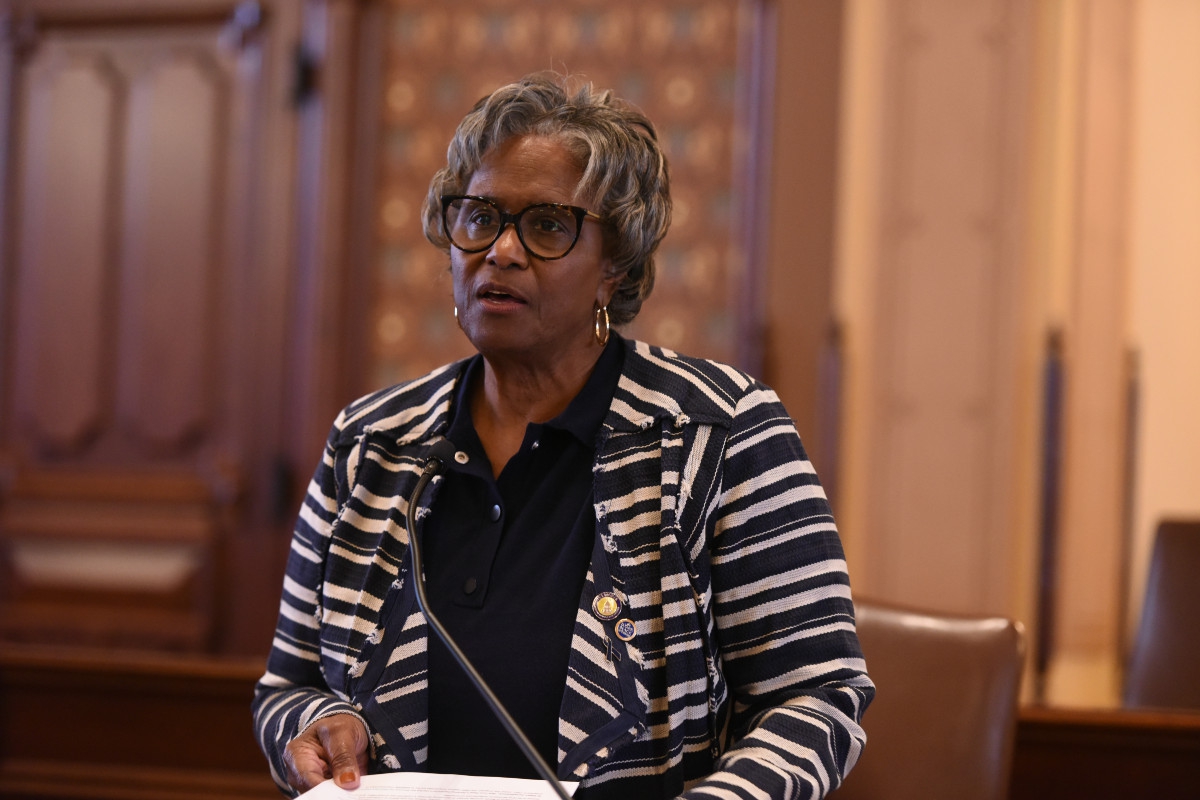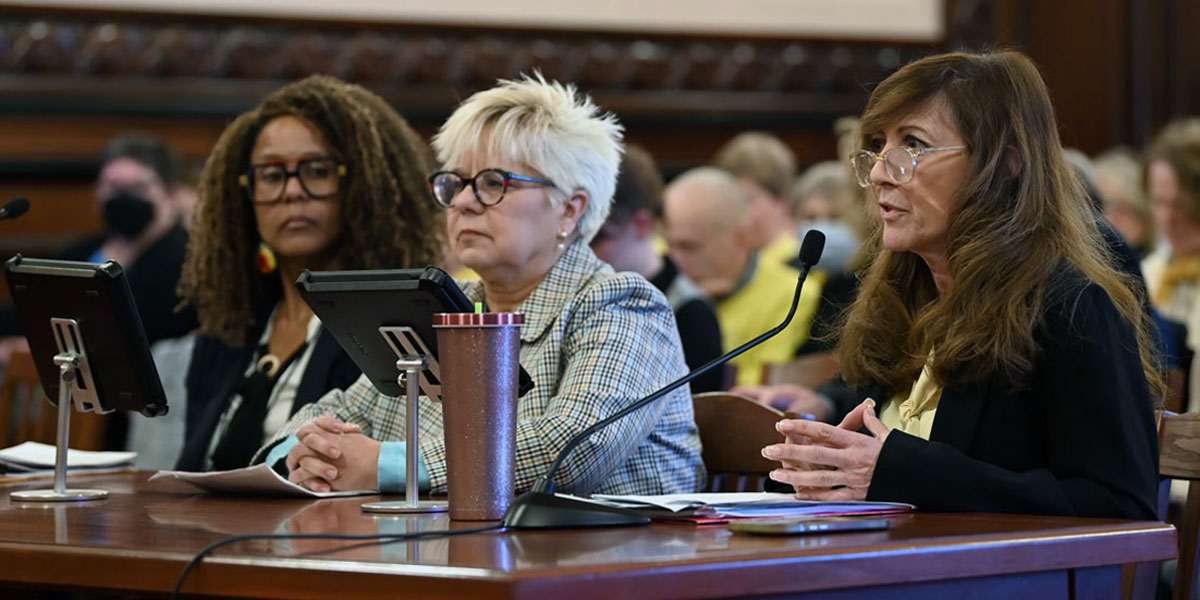Joyce encourages residents to apply for early childhood scholarship opportunity
- Details

ESSEX – State Senator Patrick Joyce is encouraging early childhood education workers who want to pursue additional credentials or earn a degree in early childhood education to apply for a scholarship opportunity.
“Illinois is currently experiencing a shortage of early childhood educators in school districts all around the state,” said Joyce (D-Essex). “Being an educator is a very impactful career. I strongly encourage residents to consider applying for this grant program.”
While the initial deadline for the 2022-23 scholarship has passed, the Early Childhood Access Consortium for Equity (ECACE) Scholarship Program and the Illinois Student Assistance Commission is encouraging individuals to apply. After other financial aid is received, the ECACE can cover up to the total cost of an awardee’s attendance at select schools – including tuition, fees, room and board, books and supplies. Recipients of the scholarship are expected to continue or return to teaching early childhood care and education in Illinois after their study is completed.
Read more: Joyce encourages residents to apply for early childhood scholarship opportunity
Senator Martwick, Workplace Rights Bureau team up for Worker Protection Education Session
- Details
 CHICAGO —State Senator Robert Martwick is teaming up with the Illinois Attorney General’s Workplace Rights Bureau to hold an educational session to teach Illinois workers about how they can ensure their rights are protected.
CHICAGO —State Senator Robert Martwick is teaming up with the Illinois Attorney General’s Workplace Rights Bureau to hold an educational session to teach Illinois workers about how they can ensure their rights are protected.
“It’s vital for workers to know that they have rights, and to learn more about organizations that are in their corner,” said Martwick (D-Chicago). ”Through this educational opportunity, people can learn more about how to ensure their workplace is practicing ethical standards.”
Read more: Senator Martwick, Workplace Rights Bureau team up for Worker Protection Education Session
$38,000 in Turner-backed grants coming to Pana to foster economic development
- Details

PANA –To promote economic development, Pana will see $38,000 in relief grants thanks to the support of State Senator Doris Turner.
Through the Research in Illinois to Spur Economic Recovery (RISE) program, Pana will see a grant to help local governments and economic development organizations develop and create plans to foster relationships with businesses.
“This funding will give the City of Pana additional support to develop plans to maximize opportunities for collaboration between the city and local businesses,” Turner (D-Springfield) said. “Our goal is to empower municipalities to collaborate to spur economic growth.”
Read more: $38,000 in Turner-backed grants coming to Pana to foster economic development
$290,000 in Stadelman-backed grants coming to Rockford to foster economic recovery
- Details

ROCKFORD – To promote economic welfare and ensure area residents are continuously able to bounce back from the pandemic, Rockford will see over $290,000 in relief grants thanks to the support of State Senator Steve Stadelman.
Through the Research in Illinois to Spur Economic Recovery (RISE) program, Rockford will see grants to help local governments and economic development organizations create or update economic plans to promote economic recovery.
“Funding our local government bodies allows them to continue to support families and businesses around the community,” said Stadelman (D-Rockford). “These grant funds help develop and implement plans to address the pandemic’s impact on our communities and provide meaningful steps forward for families and businesses alike.”
Read more: $290,000 in Stadelman-backed grants coming to Rockford to foster economic recovery
More Articles …
Page 362 of 735
























 © 2026 Illinois Senate Democratic Caucus
© 2026 Illinois Senate Democratic Caucus